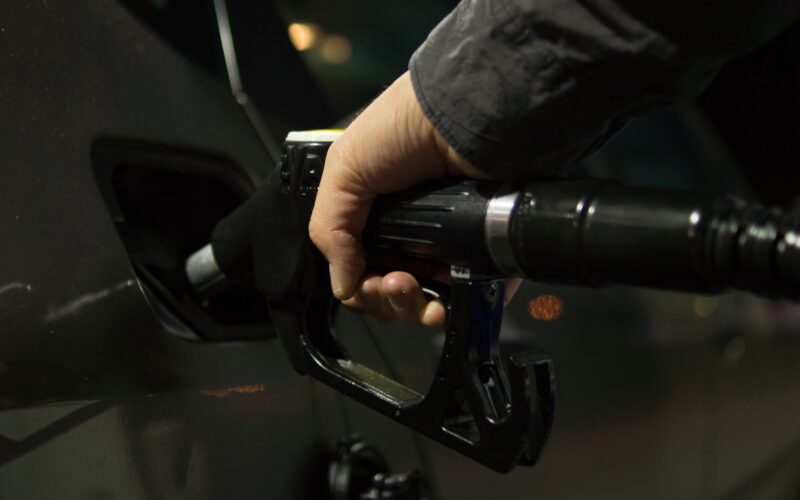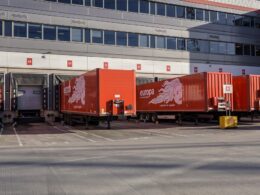A dynamic mechanism to hold tax revenues flat, involving a cut in fuel duty while prices rise, would provide logistics businesses with financial stability and prevent additional inflationary pressure on the economy, according to business group Logistics UK.
As David Wells OBE, the organisation’s Chief Executive, explains, next week’s Budget announcement provides an opportunity for the Chancellor to ease uncertainty for the businesses which are responsible for moving all the goods which the country needs. “A dynamic taxation model, which reduces fuel duty while maintaining revenue levels through VAT and other sources, would ensure government keeps control of the public purse, while businesses are able to plan for the future more efficiently.”
Writing to Chancellor Jeremy Hunt, Mr Wells has highlighted the financial challenges for an industry which currently relies on fossil fuels if the UK’s Net Zero ambitions are to be achieved. “Long term planning certainty will be critical to ensuring cost effective investment for our sector,” he says, “to ensure our member businesses can undertake the correct equipment renewal cycle without excessive financial penalties. New vehicles do not come cheap, and the alternative fuels they require need to be cost efficient as well as widely available.
“Incentivisation of the transition to zero carbon is critical, with many member businesses currently facing excessive costs – sometimes of over £1 million to instal charging infrastructure on site. And with alternative fuels coming at a premium, logistics operators need to be certain that the fuels they choose will be future proofed and widely available across the country.”
Mr Wells also pressed the Chancellor to identify ways in which logistics operators can be included in the government’s discussions on energy supply, in the face of potential shortages during the winter and beyond:
“Logistics is a key supporter of all the Designated Services in the government’s Electricity Supply Emergency Code, which looks to mitigate any potential disruption caused by power outages, and yet our members have yet to be included in discussions on energy supply. Logistics businesses are the backbone of the UK’s economy, and need to keep the lights on and goods moving throughout the winter and beyond – it is imperative that our industry is considered as a priority when government makes contingency plans for potential energy supply disruption.”













